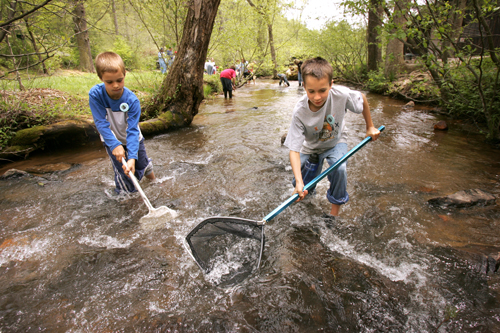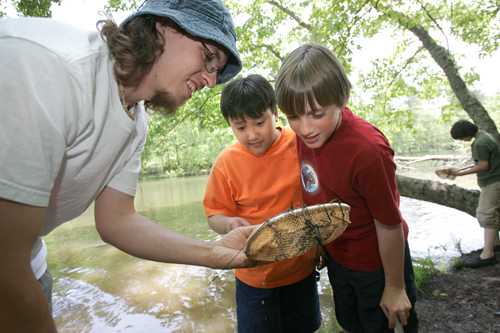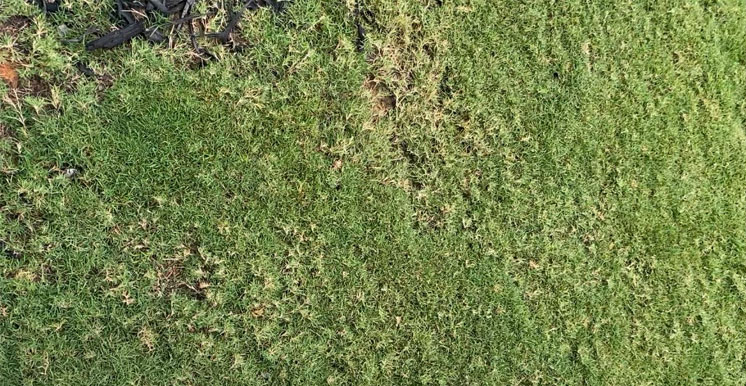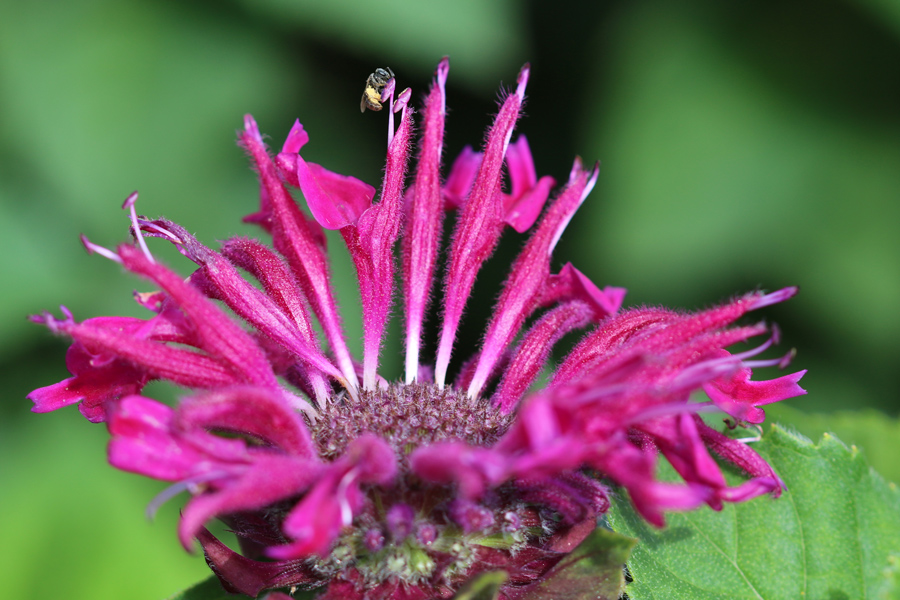Learning “al-fresco” style, or getting out into nature’s classroom, is a great way to connect children with the things they are expected to master in school, says a 4-H education specialist.
The Georgia 4-H environmental education program puts education at the fingertips of thousands of Georgia kids each year, says Melanie Biersmith, 4-H environmental education coordinator.
“We are teaching environmental science where it happens. It doesn’t get more relevant than learning beach ecology on the beach,” Biersmith said. “The Georgia 4-H Environmental Education Program has the ability to bring school concepts to life and connect students to the natural world using the outdoors as a classroom without walls.”
There are five University of Georgia 4-H centers across the state. Each provides academic classes that complement science, social studies, history and language in natural settings to students of all ages who attend public, private or home schools.
Centers are located from the mountains to the sea: Wahsega 4-H Center, Dahlonega; Fortson 4-H Center, Hampton; Rock Eagle 4-H Center, Eatonton; Burton 4-H Center, Tybee Island; and Jekyll Island 4-H Center.
Students can stay at one of the five centers for three days and two nights to learn about a different region of the Georgia. (Day-classes are also available.) Classes are led by trained, college-educated instructors and the subject matter is aligned to meet Georgia Performance Standards.
With more than 35,000 students participating every year, Georgia’s residential environmental education program is one of the largest of its kind in the country.
“Being connected to the environment, I think, is important, but that is not the best thing about our programming,” Biersmith said.
A well-rounded program is what makes it so successful, she said.
“The relationship-building aspect of the experience can be as important as the academic piece,” Biersmith said. “Teacher-to-student and student-to-student relationships are built on a these trips. When eight people sleep in a room together and figure out who is going to use the sink first, there are some real life skills buried in there.”
Biersmith speaks from personal experience. Before becoming the head of the environmental education program, she directed the camp on Jekyll Island.
The programs focus on science, she said, but most learning opportunities are multi-disciplinary.
“We include language arts with journal entries about discoveries or learn about social studies when we talk about Native Americans at Rock Eagle or pioneer life at Wahsega,” she said.
A class trip to a center costs around $100 per student and takes some planning.
“Teachers get interested and look across the state to find a center that will complement what their students are learning,” she said. “In fifth grade, students learn about erosion and deposition and the beach is a great place to study this so they might visit Tybee or Jekyll.”
A teacher can contact a 4-H center to plan a trip. An entire school system can contact Biersmith to develop a multi-year plan to teach its students at different centers.
“We walk folks through the process,” Biersmith said. “Several of us have been teachers so we know what happens in the classroom and what obstacles are present when planning an overnight trip.”
Homeschool Days
Multi-day environmental education field studies are exclusively offered to home-schooled children. These sessions can be hands-on, experiential learning programs for the families, too. Designed for students age 5 through 17, parents accompany their children to classes. Families stay together in dormitories or cabins and eat meals in the dining halls. Classes address topics like marsh ecology, orienteering, herpetology, beach ecology and pioneer studies.
Centers are open for homeschool students September 15-17 at Wahsega; September 17-19 and 20-22 at Burton; September 20-21 at Fortson; October 18-19 at Rock Eagle; and November 14-16 at Burton.
Classes, prices and exact schedules vary according to center. For more information, visit the website http://georgia4h.org/ee/.





